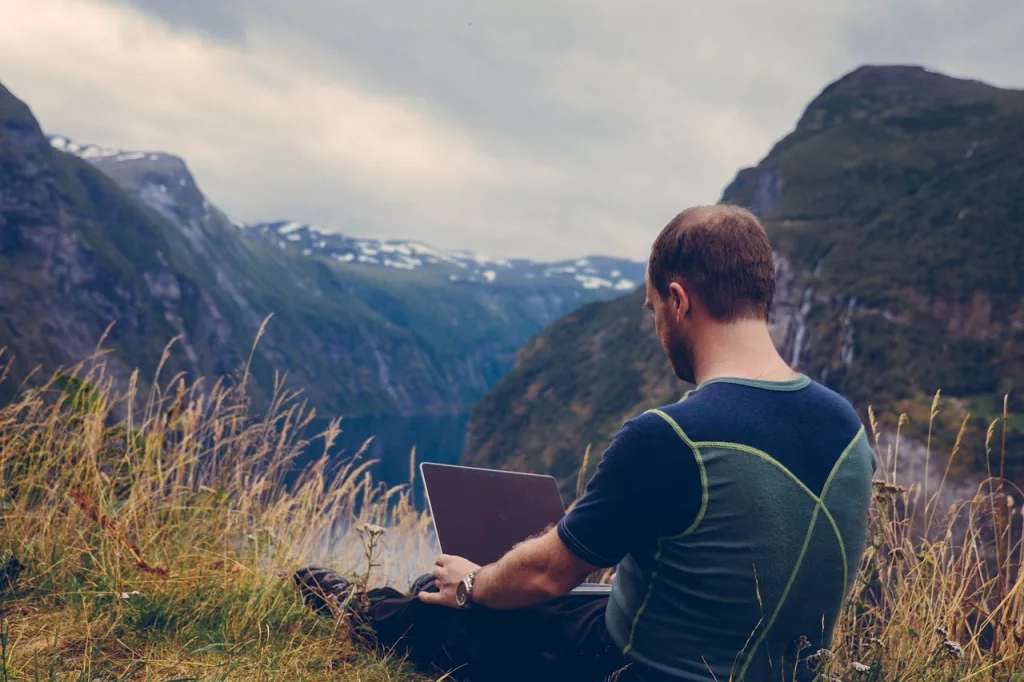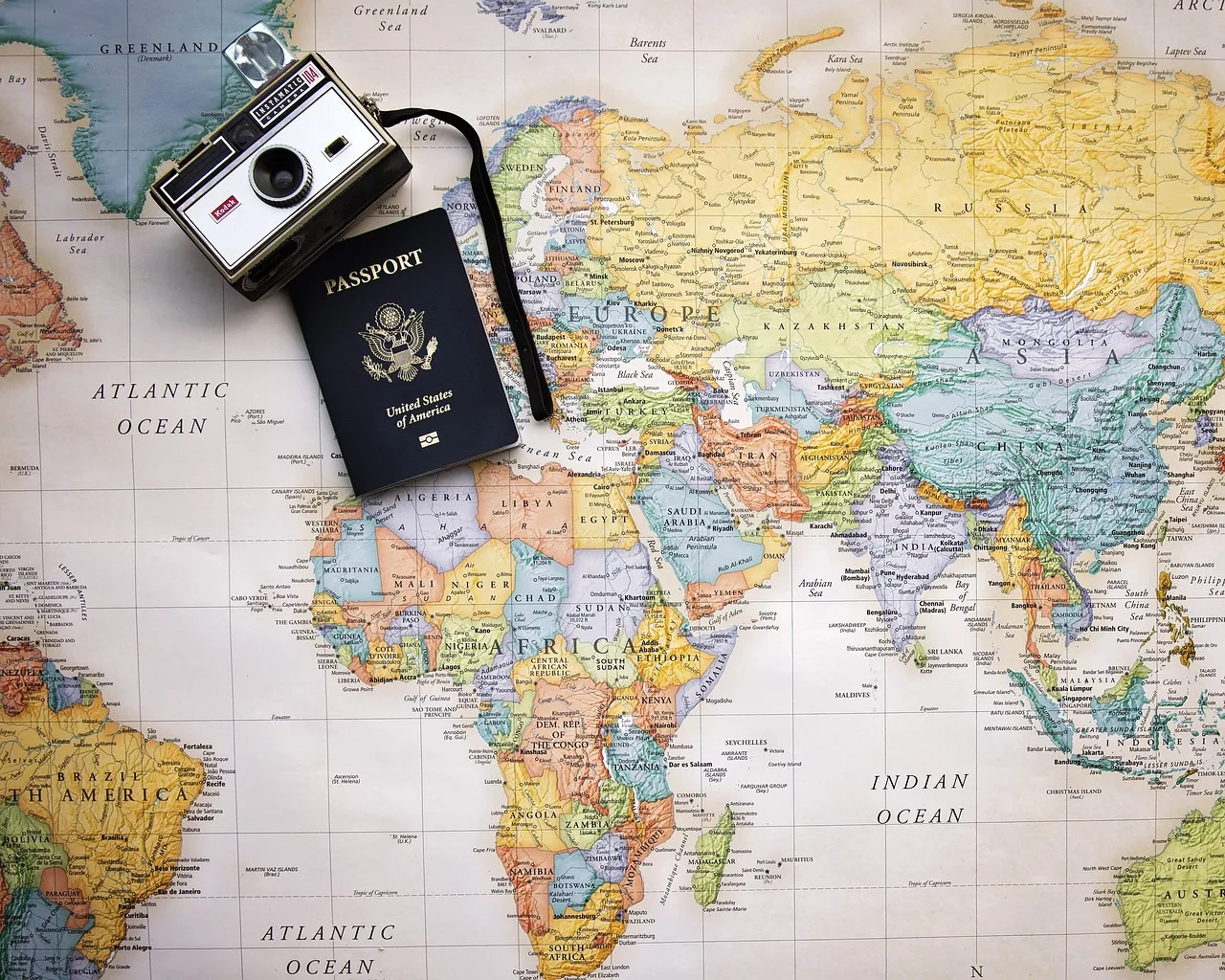Travel Trends to Watch in 2025: Are They Here to Stay?
Introduction
As the travel industry strides into 2025, the way people explore is evolving. Shaped by shifting priorities, technological advancements, and a heightened awareness of global issues, the travel trends emerging this year speak to a new era of exploration. No longer just about ticking destinations off a list, travel is becoming more purposeful, thoughtful, and experience-oriented. As Travel + Leisure insightfully remarks, “2025 is not about seeing the world – it’s about experiencing it like never before.”
In this post, we’ll dive into some of the most prominent travel trends expected to dominate 2025, exploring whether they’re likely to endure or fade. From eco-friendly practices to immersive digital travel tools, let’s uncover how these trends are shaping our journeys and why they matter.
Trend 1: Sustainable Travel Goes Mainstream
Environmental consciousness is no longer a niche interest. Sustainability has shifted from an option to an expectation, with travelers prioritizing destinations and brands that demonstrate environmental stewardship. Lonely Planet predicts that “eco-conscious choices will no longer be niche but rather an expectation.” Hotels are now embracing energy-efficient designs, airlines are innovating with sustainable fuel sources, and local tours are designed with minimal environmental impact.

But the commitment goes beyond what the industry is doing. Travelers are personally invested in minimizing their footprint, whether by choosing greener transit options or booking stays that support local conservation efforts. National Geographic Travel emphasizes, “The planet isn’t just a backdrop; it’s our shared responsibility.” This shift reflects a deeper consciousness about the interconnectedness of travel and environmental well-being.
Is it here to stay? Given the pressing need to address climate change, sustainable travel is more than a trend—it’s becoming a core value. As awareness grows, travelers are likely to hold brands accountable, ensuring sustainability remains front and center.
Trend 2: Slow Travel Takes the Lead
In a world of rapid movement and instant gratification, the slow travel movement stands out by advocating a pace that allows travelers to savor each moment. Instead of rushing through landmarks and cramming schedules, travelers are now choosing longer stays, focusing on deeper experiences in fewer places. Condé Nast Traveler notes that “the post-pandemic mindset has shifted, with travelers now savoring the journey as much as the destination.”
One example of slow travel’s appeal is the rise of extended “staycations” in culturally rich cities or rural villages, where visitors have the time to build connections with locals, explore lesser-known spots, and immerse themselves in the daily rhythm. This approach also aligns with the “work-from-anywhere” flexibility that many employees now enjoy, allowing them to blend leisure with work in one location.
Is it here to stay? With the enduring flexibility of remote work, slow travel is poised to become a permanent fixture. As more travelers adopt this mindset, destinations are likely to see an increase in longer-term visitors, fostering a shift from tourism to temporary residency.
Trend 3: Digital Nomadism Evolves
Digital nomadism has transformed from a fringe lifestyle into a mainstream movement. In 2025, countries worldwide are offering special visas and infrastructure to attract remote workers. CNN Travel reports that “the infrastructure for digital nomads has expanded significantly, with countries offering specific visas to attract long-term remote workers.” Greece, Barbados, and Costa Rica, among others, now offer specific visa programs designed to make long-term stays seamless for remote professionals.

Beyond just appealing destinations, a growing number of coworking spaces and digital communities are tailored to meet the needs of remote workers on the move. These spaces foster collaboration, providing a sense of community for those navigating life on the go. As The Points Guy explains, “Digital nomadism will thrive as companies realize the benefits of flexibility for productivity.”
Is it here to stay? Given the rising demand for flexible work environments, digital nomadism is likely here to stay. As companies embrace remote work, the digital nomad lifestyle will remain a viable option, reshaping traditional concepts of both work and travel.
Trend 4: Experiential and Adventure Travel
Adventure travel is no longer just about extreme sports or daring expeditions; it’s about meaningful experiences that immerse travelers in local culture, nature, and history. Skift shares that “travelers are now more interested in unique, off-the-beaten-path experiences that create lasting memories.” Experiences like foraging with locals, participating in cultural ceremonies, or joining conservation efforts are increasingly popular.
This trend has grown partly due to the surge in “experience economy” travel, where travelers seek memorable, hands-on activities rather than material goods. BBC Travel notes, “Experiential travel not only satisfies wanderlust but enriches the traveler’s understanding of the world.” The aim is to leave each journey with a story, a lesson, or a new perspective that goes beyond photographs.
Is it here to stay? This trend speaks to a deeper human need for connection and meaning. As travelers seek authenticity, experiential and adventure travel will continue to grow, shaping the industry’s future.
Trend 5: Health and Wellness Escapes
Health and wellness travel has evolved to include more comprehensive experiences that focus on physical and mental well-being. In 2025, travelers are increasingly seeking vacations that incorporate meditation, fitness programs, wellness therapies, and even full detox programs. CNN Travel highlights a “rising interest in wellness-focused retreats, including meditation getaways, detox vacations, and digital detox experiences.”

From forest bathing in Japan to silent retreats in Bali, wellness tourism offers rejuvenation in various forms. Matador Network notes, “wellness travel fills a need for those seeking balance in a chaotic world.” Travelers are now viewing their journeys as opportunities for self-care, recovery, and rejuvenation, aiming to return home feeling more balanced.
Is it here to stay? With wellness becoming a lifestyle choice, this trend is likely to endure. As travelers seek balance, wellness retreats are set to become an essential part of the travel landscape.
Trend 6: AI and Tech-Enhanced Travel
In 2025, technology is embedded in nearly every aspect of travel, from booking and check-ins to navigation and personalized recommendations. Artificial intelligence is making it easier to create tailored itineraries, streamline the planning process, and offer real-time updates. Skift suggests that “AI is transforming the travel experience, allowing for hyper-personalized and efficient planning.”
Virtual reality tools are also gaining traction, enabling travelers to preview destinations, book activities, and even “try before they fly.” Condé Nast Traveler observes that “AI will complement rather than replace the personal touch.” While AI and VR tools add convenience, the human element remains essential, particularly in culturally immersive experiences.
Is it here to stay? As technology continues to evolve, AI and tech-enhanced tools are expected to become staple resources for travelers. However, the balance between tech convenience and human interaction will remain crucial.
See our recomendations for 5 offbeat desitnations here.
Trend 7: Solo and Female-Forward Travel
In 2025, solo travel—especially among women—is more popular than ever. TravelPulse reports that “2025 is a landmark year for solo and female travelers, with safety-focused apps and female-friendly accommodations on the rise.” The rise of digital communities, resources, and safety apps dedicated to solo travelers makes exploring alone more accessible and secure.
Female-forward travel companies now offer curated experiences tailored to women, addressing both safety and cultural concerns. This inclusivity has empowered more women to explore independently, resulting in a diverse array of travel offerings that cater to their unique interests and needs.
Is it here to stay? The demand for safe, supportive solo travel experiences is likely to endure. With increased inclusivity and awareness, solo travel—particularly female-led journeys—will continue shaping the travel industry.
Trend 8: Pet-Friendly and Multi-Generational Trips
Families today are redefining what “family vacation” means, bringing along not only kids but pets, grandparents, and even extended family. This shift reflects a desire for inclusivity and shared experiences across generations. CNN Travel notes, “multi-generational travel and pet-friendly options are booming, with more accommodations catering to these travelers.”
Hotels and airlines have adapted, creating spaces and services that cater to larger groups and pet owners, making it easier for families to bring everyone along. This shift toward multi-generational trips reflects a broader value of spending quality time with loved ones across different age groups, and pets are increasingly considered a part of that family circle.
Is it here to stay? This trend aligns with cultural shifts in how people view family time and inclusivity. As accommodations continue to adapt, multi-generational and pet-friendly travel are likely to remain integral to family vacations.
Conclusion: 2025 Defining Travel Trends
From sustainable travel and slow journeys to technology-enhanced adventures, 2025’s trends reveal a more thoughtful, experience-driven approach to travel. Whether it’s prioritizing the environment, seeking wellness, or embracing diverse forms of inclusivity, each trend reflects how travelers today are looking beyond the destination.
Travel + Leisure captures the essence of the moment: “2025 isn’t just about where you’re going; it’s about why and how you’re going.” The trends we’re witnessing now are more than passing fancies—they signify a shift in values, priorities, and lifestyles that will likely continue to influence the travel industry for years to come. So, as you plan your journeys for the coming year, consider not just the places you’ll visit, but the impact, purpose, and connection each trip brings.




Pingback: Destination Dupes: The New Travel Trend - The Curious Compass